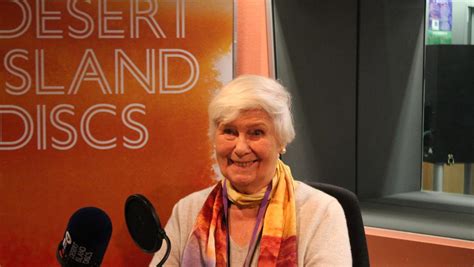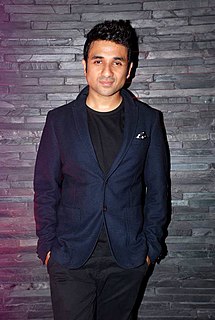A Quote by Anna Quindlen
In the same way the Brits had to get used to the idea that the sun had set on the British Empire, I think that there's the subrosa feeling that we are at the end of the American century, and I think that's very, very hard for Americans to take.
Related Quotes
The UK had plenty of people in their country just like we have here who had the same attitudes about immigration that you find on the American left and the Democrat Party here. That the Brits, because of colonialism and because the British Empire had been so unfair to people all over the world it was time to pay the price. And you had liberals who thought that all of this was making a grand diverse society and population which would improve things in the UK.
That is very different from how it used to be in the 20th century. Media was very one way. There's a small little industry. It broadcasted its message and everyone else in the world just had to listen. Now the internet is allowing what used to be a monologue to become a dialogue. I think that's healthy and actually restoring a more natural way.
In the 20th century, we had a century where at the beginning of the century, most of the world was agricultural and industry was very primitive. At the end of that century, we had men in orbit, we had been to the moon, we had people with cell phones and colour televisions and the Internet and amazing medical technology of all kinds.
In England, the population explosion can be linked very clearly with the enclosure of the commons that uprooted the peasants from their land. In India, it was the same thing: the population increased at the end of the 18th century when the British took over and Indian lands were colonized. Instead of the land feeding Indian people it started to feed the British empire. So we had destitution. Destitute people who don't have their own land to feed themselves can only feed themselves by having larger numbers, therefore they multiply. It's the rational response of a dispossessed people.
A lot of directors say, 'Do whatever you want, and I'll just change it on set.' But I love being involved in every part of production. It's very exciting. It's like an empire of creation: Everybody is working so hard to respect a vision and an idea, and it's very weird and inspiring at the same time.
Taxation, the very thing that had triggered the British civil wars, would do so again, this time in America. The taxes may have been different, but the result would once again be disaster. What happened in America was really round two of those wars - the civil war of the British Empire, with the Hanoverians playing the part of the Stuarts, and the Americans the heirs of the revolutionaries, of Cromwell and of William III, the inheritors of a true British liberty, that had somehow got lost in its own motherland.

































